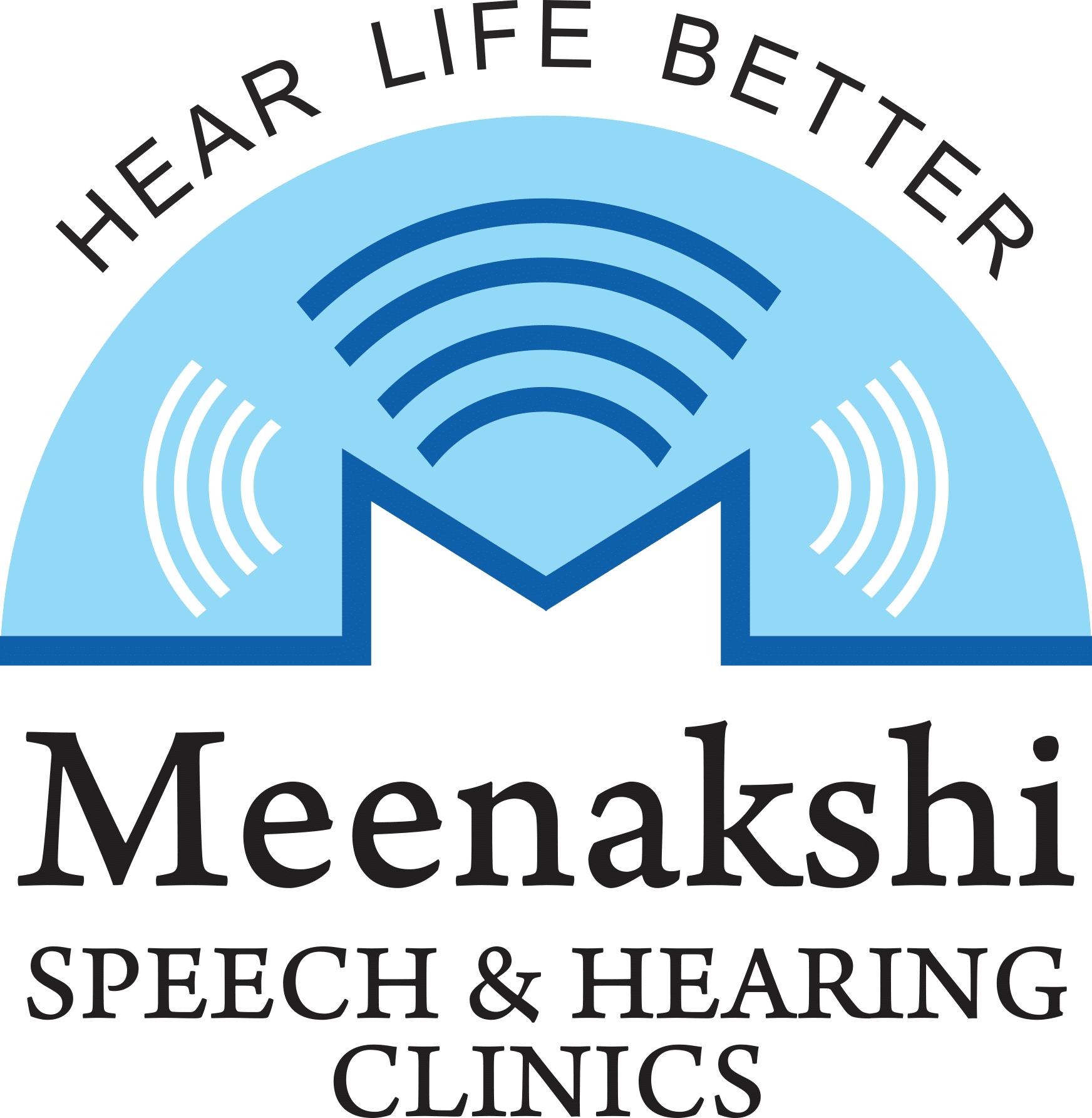World Class Speech Language Therapy
What is Speech Therapy?
• Treatment on systematic and scientific lines.
• Customized treatment to suit patients’ specific needs.
• Involvement of significant others in the treatment process.
• Use of state of art equipment. Regular monitoring to assess the efficacy of treatment.
• Assistance with academic and vocational placement. Book appointment today
Speech and Language Assessment
Speech and Language
Therapy
Speech Therapy Classes
Birth to 3 months
• Treatment on systematic and scientific lines.
• Customized treatment to suit patients’ specific needs.
• Involvement of significant others in the treatment process.
• Use of state of art equipment. Regular monitoring to assess the efficacy of treatment.
• Assistance with academic and vocational placement.
3 to 6 months
• Grunts, gurgles and makes cooing sounds when comfortable
• Produces some vowels and consonants
6 to 9 months
• Produces strings of sounds such as ‘Baba’, ‘Dada’
• Participates in routine plays such as ‘Pat-a-cake’
9 to 12 months
• Comprehends simple commands like “give it to daddy” and questions such as “Where is so and so” (referring to a sibling or a frequent visitor)
• Points to some body parts
1 to 2 years
• A child normally says his first word around one year of age
• Uses speech-like pattern interspersed with true words
• Has a vocabulary of 50 -100 words
• Uses two-word phrases in the later stages of this period
Speech Therapy Benefits
The ability to express one’s self is paramount. Speech therapy may help your child achieve a greater ability to use and understand language, to communicate with others and to express himself or herself to the greatest extent possible.
Delaying speech therapy for your child runs the risk of missing that all-important window of time between birth and three years of age when the brain is maturing and learning happens rapidly.
What are the Benefits of Speech Therapy?
The goal of speech therapy is to improve skills that will allow your child to communicate more effectively. There are other benefits as well. These can include
• Improvement in the ability to understand and express thoughts, ideas and feelings. Intelligible speech so your child is understood by others.
• Increased ability to problem-solve in an independent environment.
• Improved swallowing function and safety.
• Achievement of school readiness skills.
• Development of pre-literacy skills
• Improved vocal quality
• Fluent speech.
• Development of practical social skills
• Better quality of life.
• Greater self-esteem
• Increased independence
Speech and Language problems in Adults
Stuttering / Stammering
Stuttering is a developmental disorder with onset in early childhood. An adult who has not overcome his stuttering may continue to stutter in adulthood. Occasionally, stuttering may also occur in an adult consequent to psychological stress or neurological insult.
Voice Problems
Adults may exhibit similar voice problems as those seen in children. However certain voice problems are exclusive to adults. These include Puberphonia and Laryngectomy. High-pitched voice in men, especially in young adults, is called Puberphonia. This condition can be altered by voice therapy, usually with dramatic improvement. Other voice problems can also be treated successfully. Laryngectomy is a surgical procedure where a patient’s voice-box has been removed due to cancer and as a result, the patient is rendered avocal. People who use their voice professionally (Singers, Teachers, Politicians) are prone to voice problems. With good vocal hygiene these problems can be prevented or minimized.
Aphasia
Aphasia is a loss or impairment in language consequent to stroke, head injury or other neurological causes.
Dysarthria
Dysarthria is impairment of speech due to neurological causes. One or more aspects of speech such as articulation, voice, resonance, prosody, may be affected. Dysarthria may be seen in the following conditions, Parkinson’s disease, Multiple sclerosis, etc.
Dementia
Dementia is impairment of cognitive functions including language, found in some elderly individuals. This condition is associated with pathological changes in the brain.

